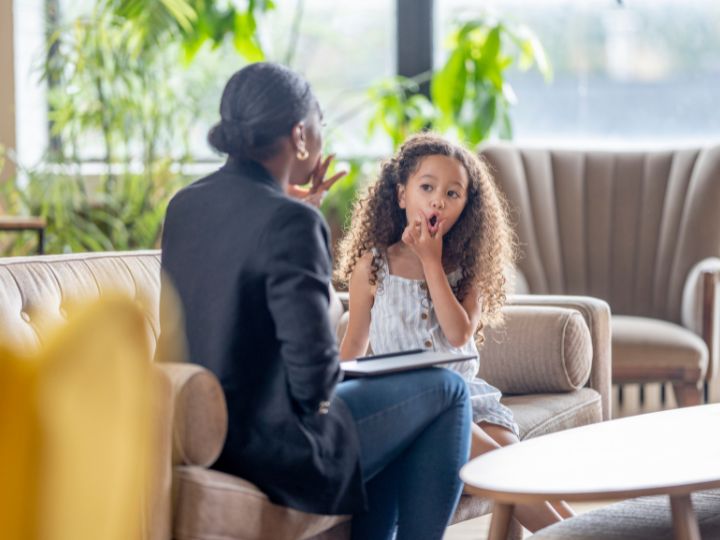Communication is one of the most fundamental aspects of human connection. It shapes our relationships, influences our professional success, and affects our overall quality of life. When communication challenges arise—whether from developmental delays, injury, illness, or other conditions—the impact extends far beyond the mechanics of speaking. It touches the very core of how we see ourselves and interact with the world around us.
Speech therapy does much more than address articulation problems or language delays. At its heart, it’s about restoring and building communication confidence—that essential belief in one’s ability to express thoughts, needs, and emotions effectively. This confidence transformation is particularly powerful when therapy takes place in the familiar, comfortable environment of home, where real-life communication happens naturally throughout the day.


